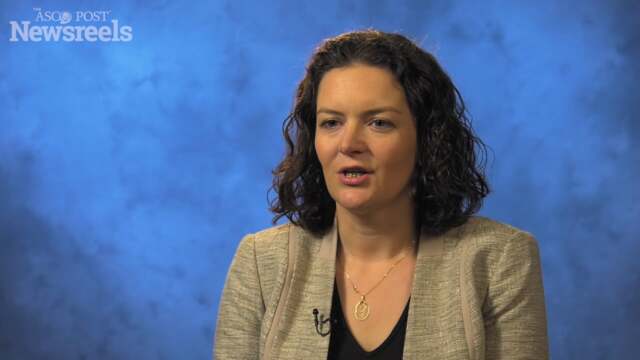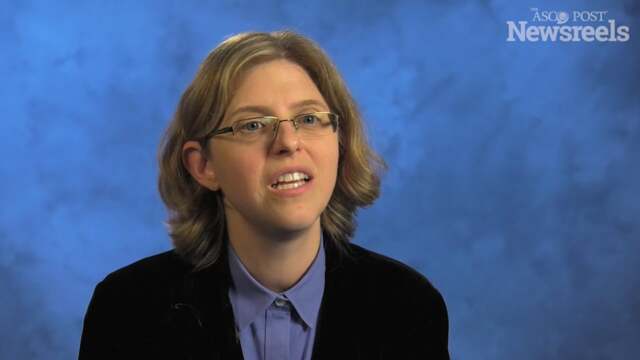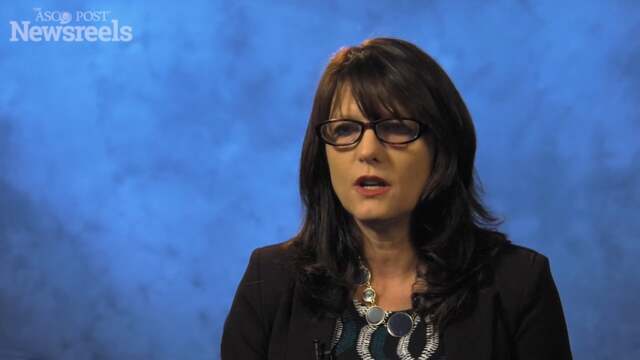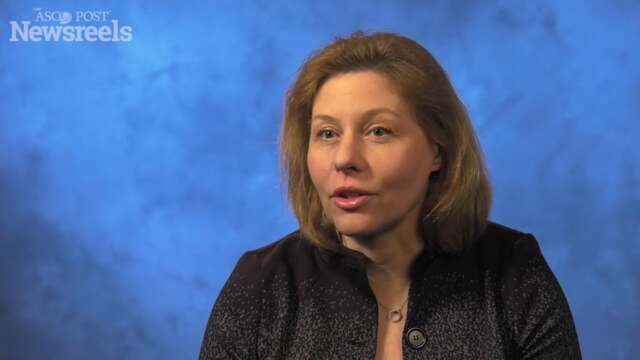John V. Cox, DO, MBA, on 2017 Quality Care Symposium Highlights: Expert Perspective
2017 Quality Care Symposium
John V. Cox, DO, MBA, of the Parkland Health System/UTSW, discusses some of the key presentations at the 2017 Quality Care Symposium (Abstracts 3, 37, 52).
Robert S. Miller, MD, of ASCO, updates the progress of CancerLinQ and its data set, now being used by oncologists to track quality measurement and reporting.
Julie Bryar Porter, MS, of Stanford Health Care, discusses an approach to improving patient care with physician-led quality measures from diagnosis through end of life implemented at her academic cancer center (Abstract 49).
Laura E. Panattoni, PhD, of the Fred Hutchinson Cancer Research Center, discusses results from a regional study on emergency department costs during cancer treatment and the need to focus on managing symptoms (Abstract 2).
Gwendolyn P. Quinn, PhD, of Moffitt Cancer Center, discusses the challenges that minority, LGBTQ, low-literacy, and underserved populations face in getting their voices heard and what it will take to change that.
Nicole Mittmann, PhD, of the Sunnybrook Health Sciences Centre, discusses her study findings on transitioning breast cancer survivors to primary care and the savings in resources and dollars that accrued as a result (Abstract 1).





